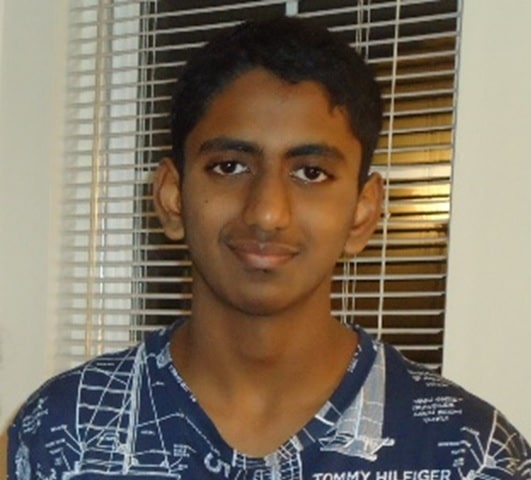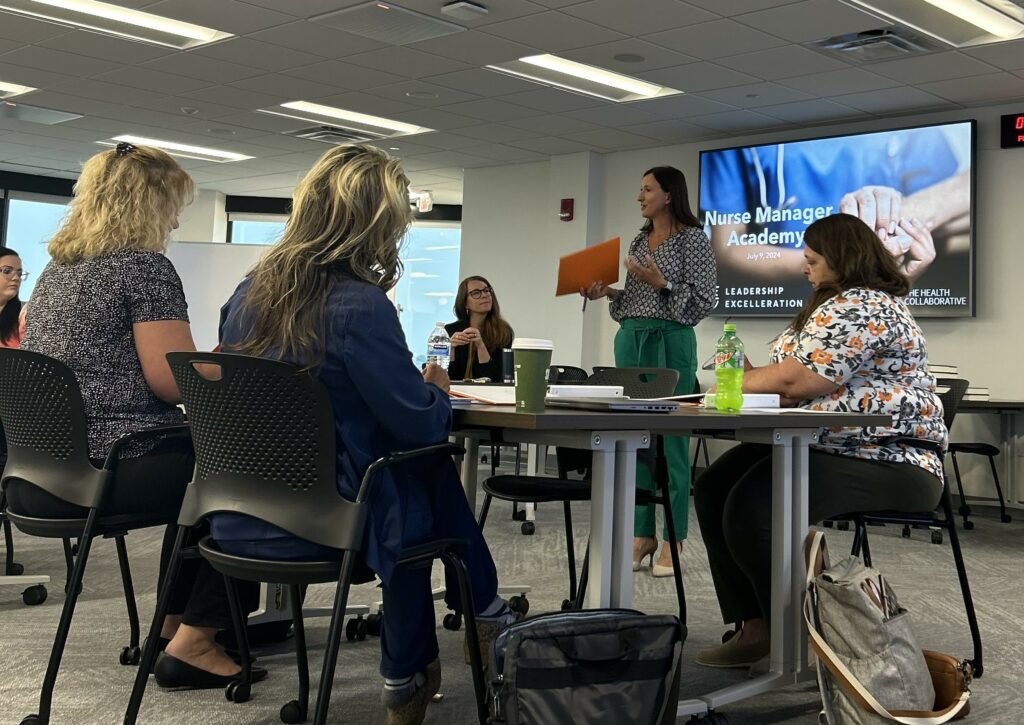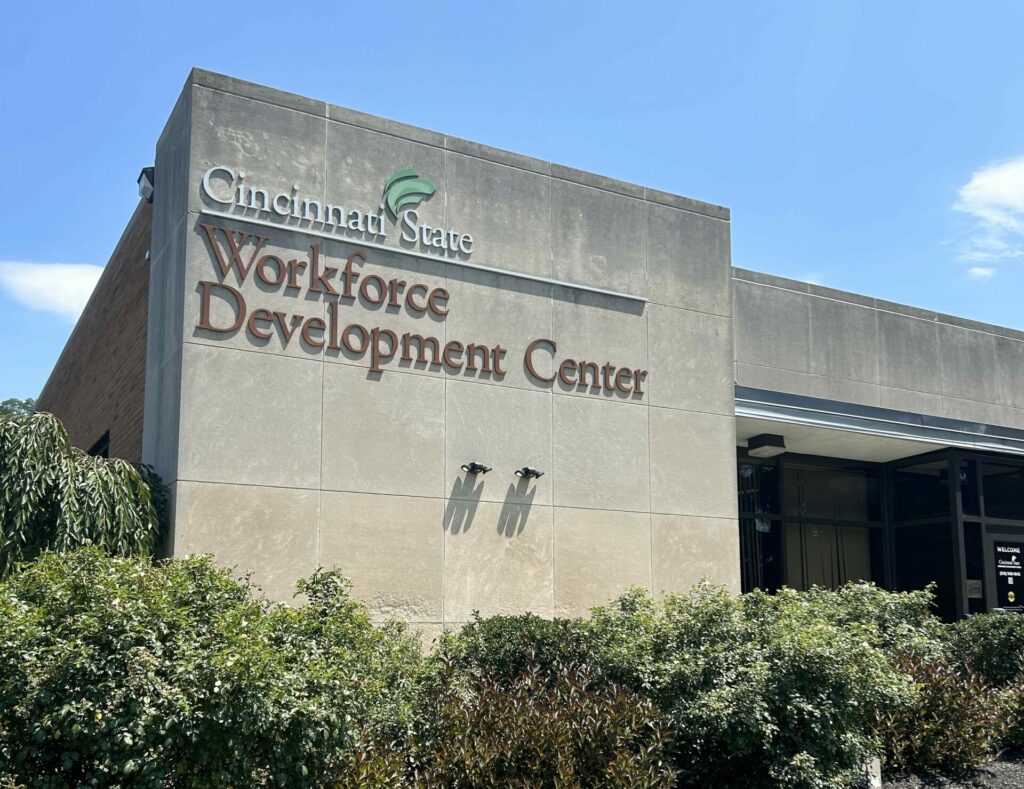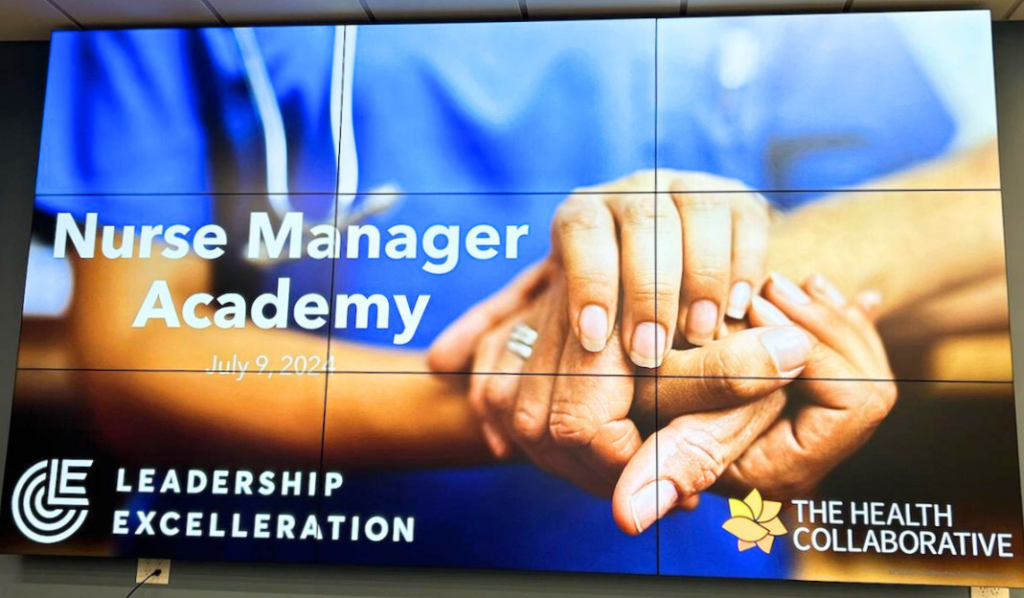VIVEK ALAMURI, A JUNIOR AT INDIAN HILL HIGH SCHOOL, IS OUR STUDENT “REPORTER” IN THE TAP MD PROGRAM.
TAP MD and TAP HC are programs designed to help high school students “tap” into their potential to fulfill a career as a physician or in the healthcare field. Students will experience events that provide information on types of medical specialties, how to apply for medical school and what different healthcare paths are available – from IT to home health – to physical therapy.
Click here to learn more about our TAP HEALTH initiative. Click here to read Vivek’s takeaways from a recent TAP MD experience at Mercy Health Anderson Hospital.
On June 25, we visited The HealthCare Connections Inc. at Lincoln Heights Health Center in Evendale, an organization dedicated to making healthcare accessible to underprivileged communities. The CEO and founder of this group, Mrs. Dolores Lindsay, spent time with us to talk about how she started this initiative and kept persevering for decades to make this project successful. The Directors of the various departments of the treatment (medical, dental etc.) all came down as well to speak to us.
I particularly enjoyed the segment about diabetes and obesity where we talked about how different Type 1 and Type 2 are. Type 1 is a genetic disorder where insulin, a key protein that regulates blood sugar by having cells uptake sugars from the bloodstream, does not have its intended effect because the cells do not have the receptor for insulin. Type 2 Diabetes is dependent on exercise, eating habits and other lifestyle factors where the body is unable to produce insulin. I found this particularly insightful because people tend to confuse the two together and misunderstand the science between them; they explicitly mentioned that these two are completely different in terms of causation and clarified the differences.
We also did a short activity with sugar cubes in efforts to help us visualize how much sugar is in different foods. We all ended up in shock when we realized the crazy amounts of sugar in Coke, Mountain Dew, French fries and even ketchup! There was enough sugar in the Mountain Dew for a handful! I loved that activity for sure.
Next, we discussed the strategy for community health centers to improve well-being in their patients. To do this, we need to address the problem from a holistic perspective in which the patient is the focus of all efforts. For example, a patient can’t prevent hypothermia if their home isn’t properly insulated or take their medications on time if they’re working two jobs and collapse after getting home. The problem needs to be addressed from different fronts, which is where the team comes in: administrators, social workers, nurses and so many other roles to account for areas that cannot be dealt with in the hospital.
Another component of this strategy is to increase preventative medicine by increasing awareness, promoting regular checkups and follow-up appointments. If pre-diabetes can be prevented from turning into diabetes with proper care, then it saves everyone a whole lot of time, money and energy.
Lastly, the presentation took a different turn, in which we were introduced into an unfamiliar side of healthcare that is often overlooked – Health IT. As the modern age progresses, we use more and more software, processing and administration to keep the herculean efforts of treating such communities in an effective way, all of which requires admin and technology professionals. So, if med school isn’t for you, there’s still lots of time to go into a different major, but still help these underprivileged communities through healthcare.
All in all, I think this was a very important event for the TAP MD program because it focused on serving the community and why it is so very important, and I certainly enjoyed it!
~ Vivek Alamuri, IHHS






